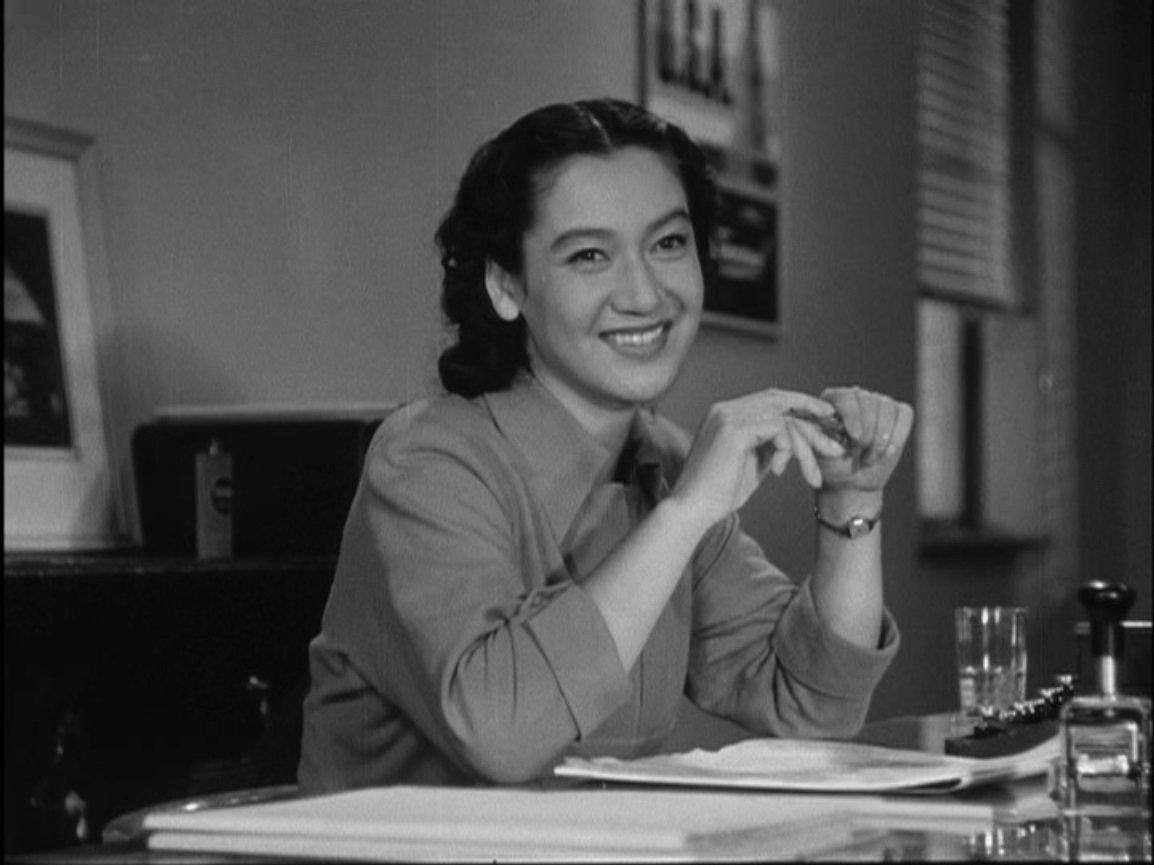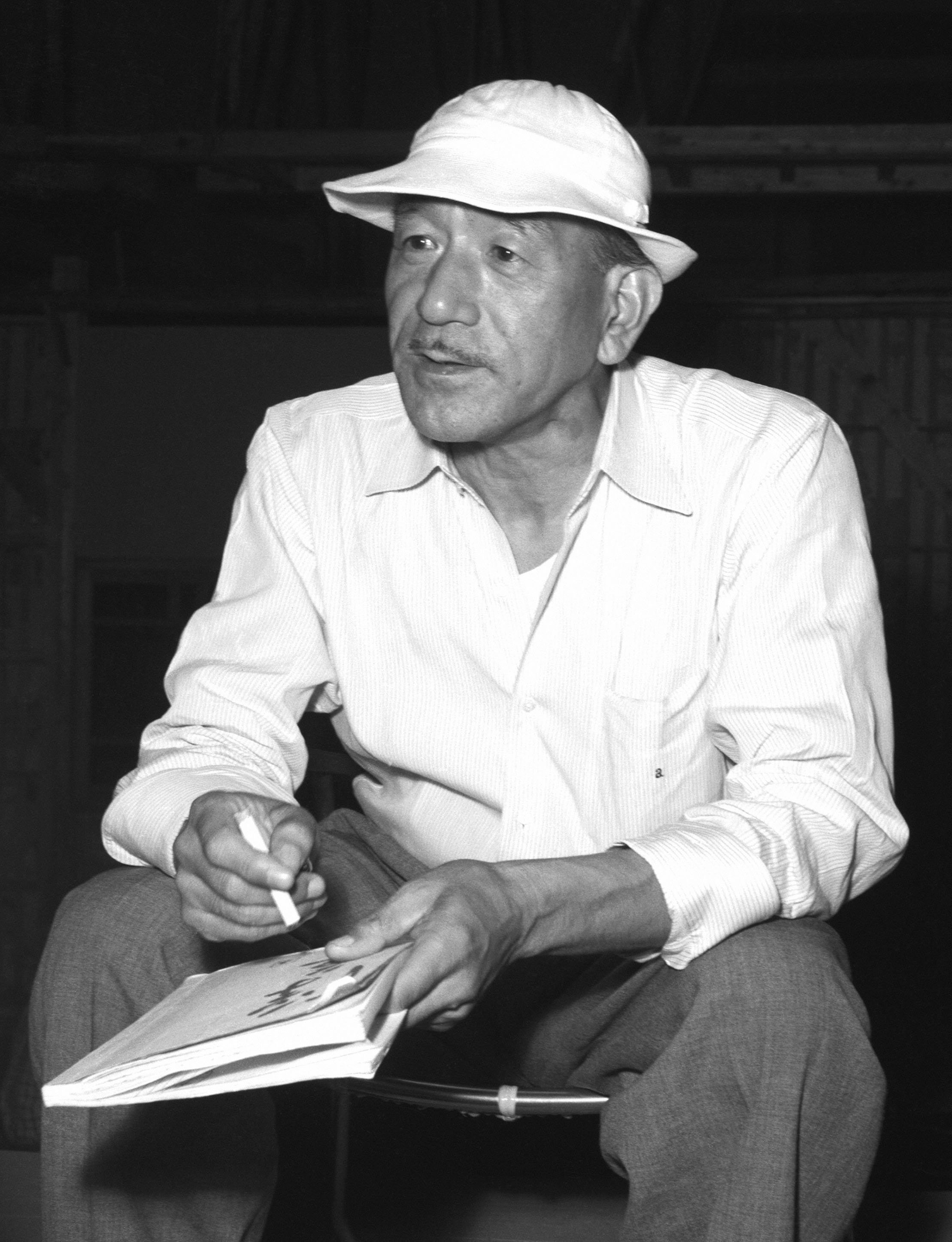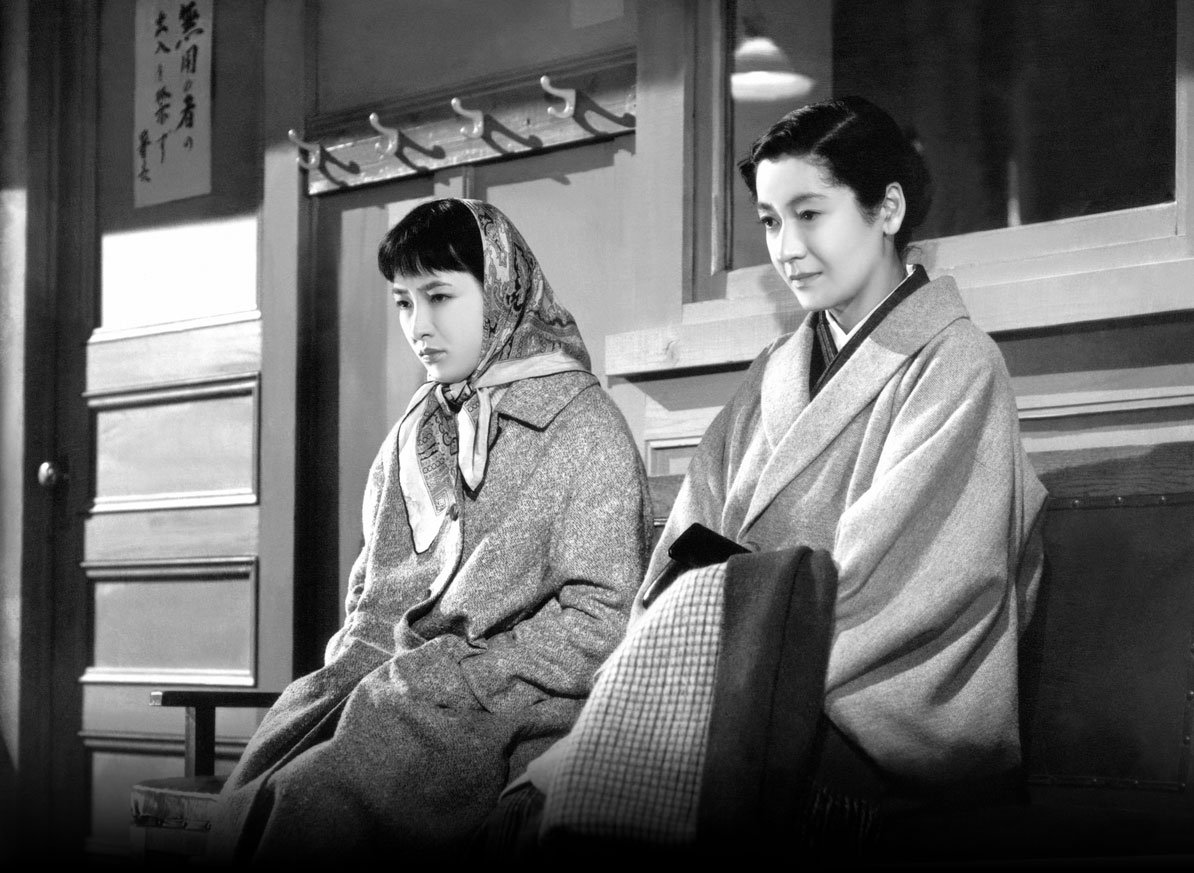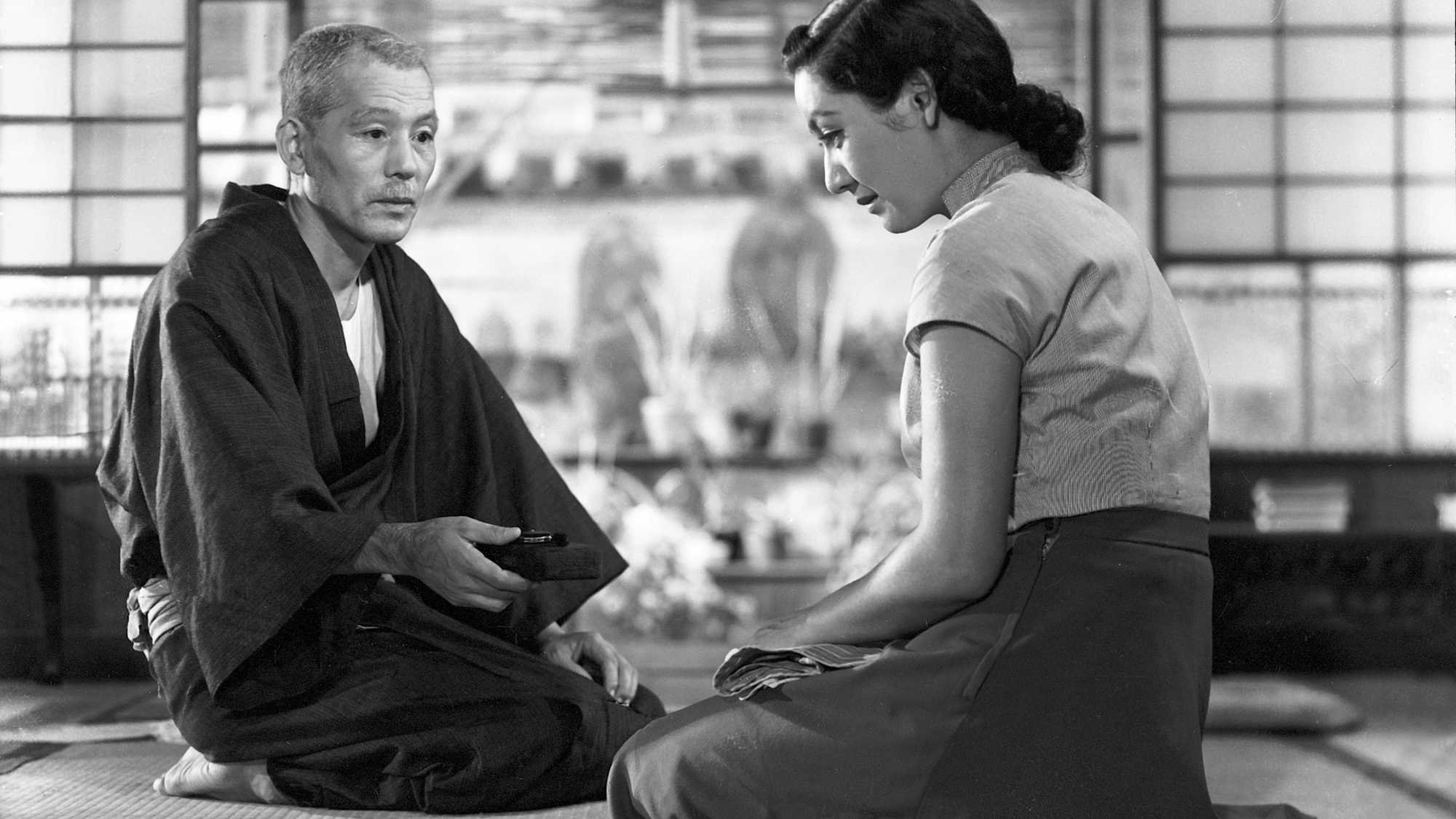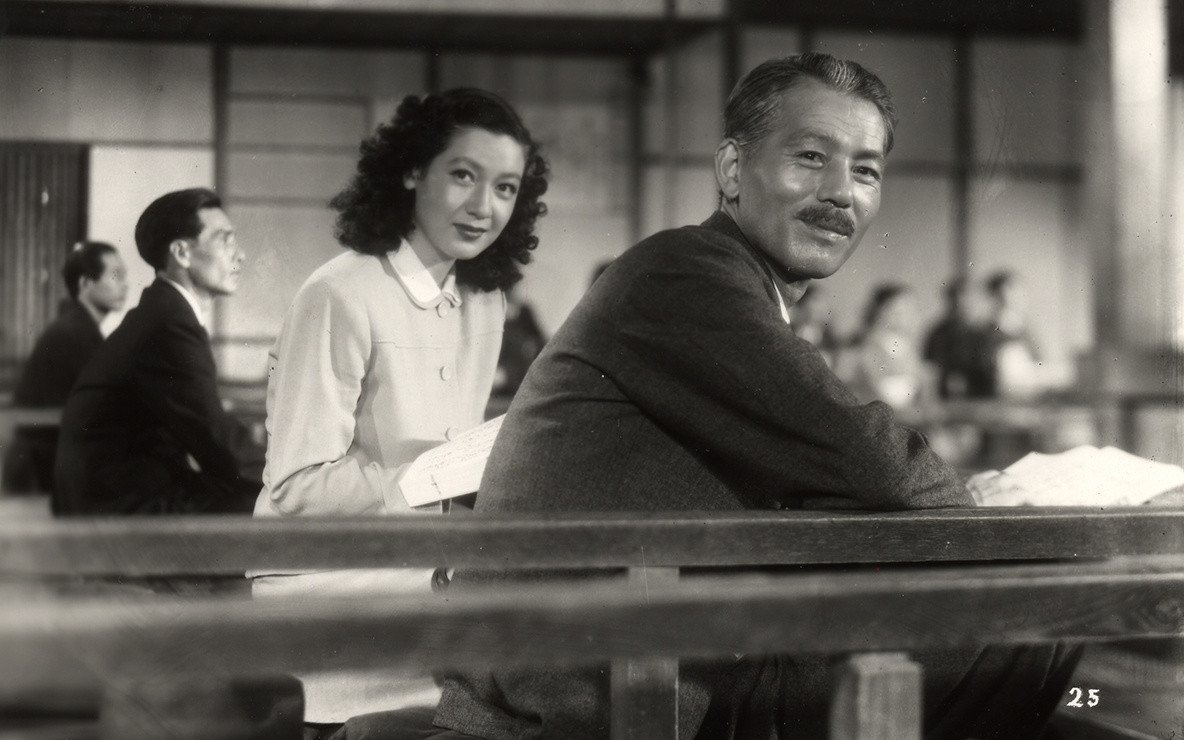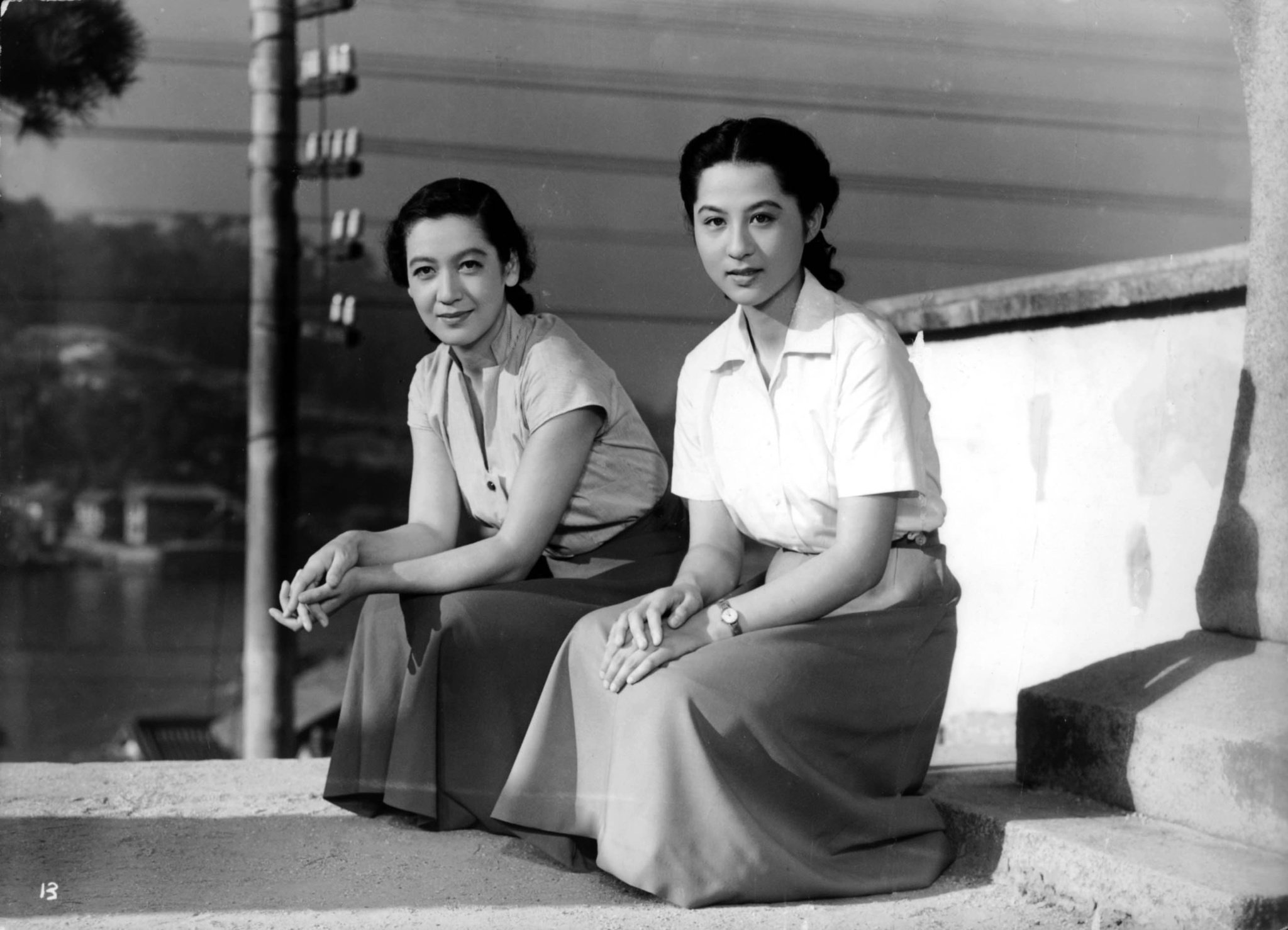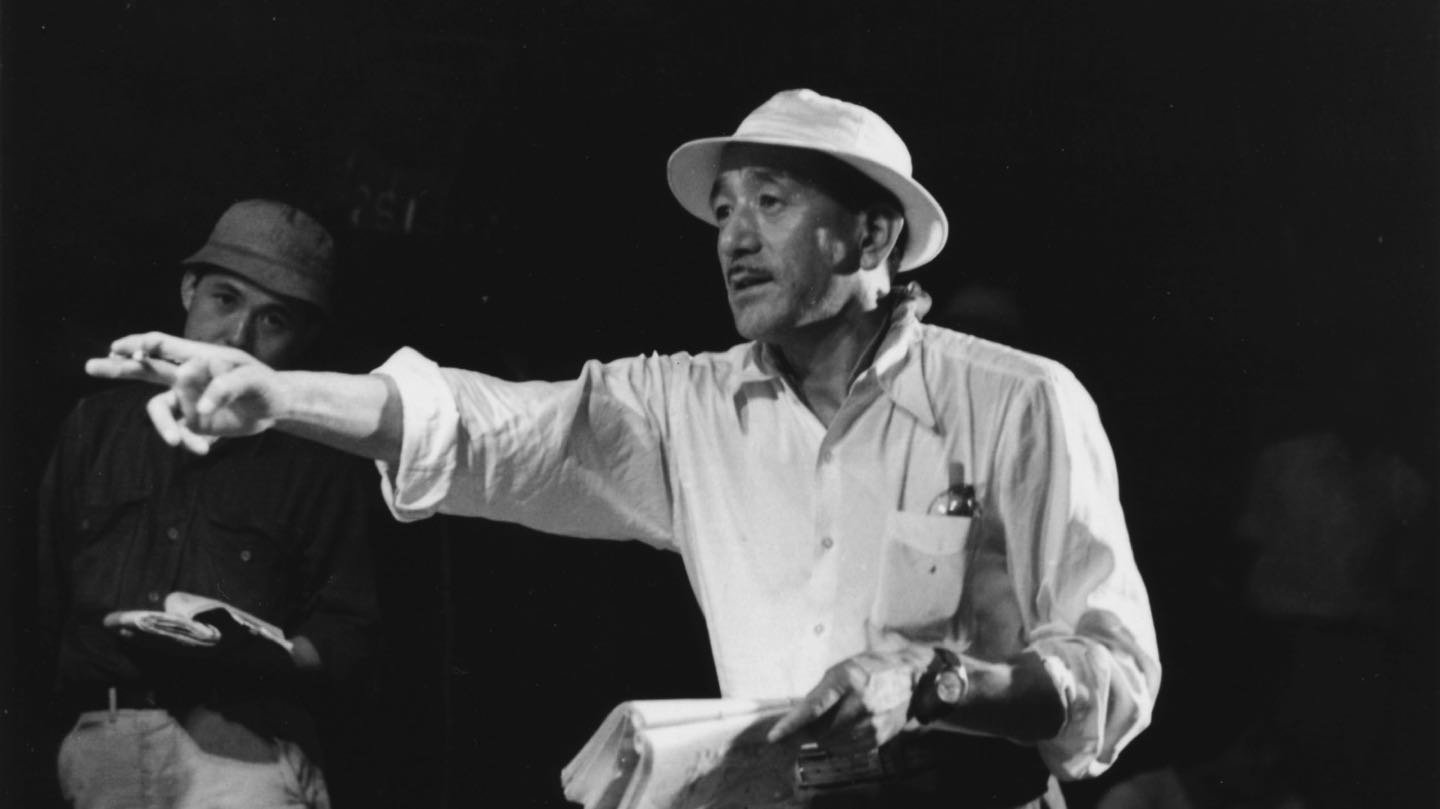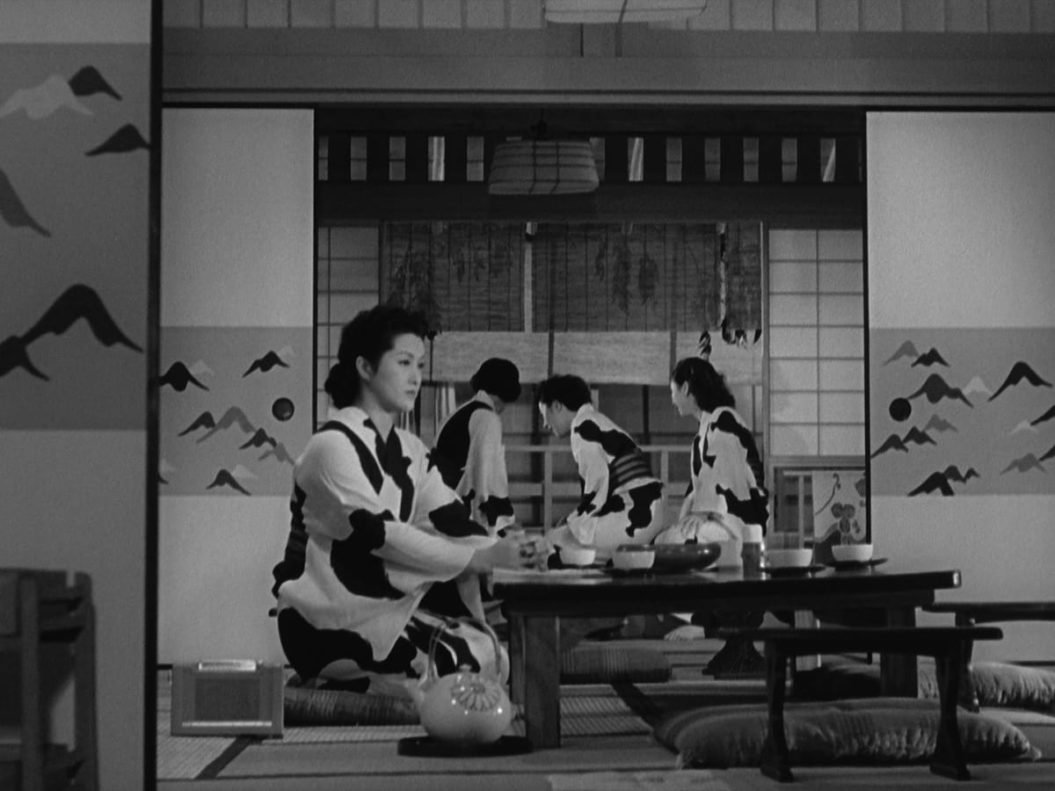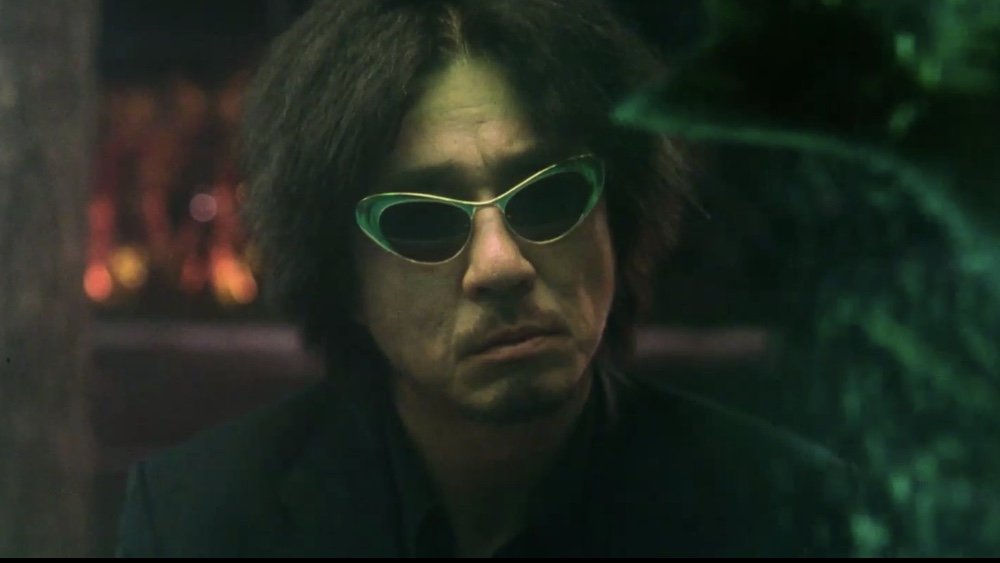How Yasujiro Ozu Redefined Modern Cinema

Cinema has been transformative for so many communities, regardless of age and class, mostly in terms of artistic representation.
When it comes to realism on the silver screen, it is crucial to recreate reality as it is, with its subtle nuances and fleeting elements. It seems difficult to master but Yasujiro Ozu, a Japanese cinema phenomenon, could easily be considered one of the best, if not the best, director when it comes to this.
Yasujiro Ozu was born in 1903 in Tokyo, growing up with five siblings from a merchant family. He did not have the easiest youth, having a hard time with school, but it was at this age that he developed a taste for cinema, as Ozu used to skip classes to watch American and European films. Although he started his career in cinema before WWII, his most memorable films were the product of post-war Ozu, after his deployment.
The reason for his enduring popularity is his innovative style when it came to directing movies. Back then, Japanese society was as conservative and traditionalist as ever, and the same applied to the world of the arts.
However, Ozu was known to break every rule of the book; his cuts were seen as too deliberate, his shots were too close, too long, or too far, and the director would often insert shots focusing on inanimate objects and places, adding even more emphasis to the silence that was so punctual in his films. Despite the fact that his creativity disconcerted the cinematographic establishments of that time, there is no doubt that he inspired the directors to come.
Yasujiro Ozu’s best known film might be Tokyo Story, which is a story following a widowed wife and her tender relationship with the family on the side of her late husband. It is today considered one of the best movies ever made in the world thanks to its familiar tone, but also to a different kind of script that relies on the activity of all characters, which was a trait characteristic to his films. On top of that, the slow pace of the development of his plots often gave off the impression of a meditative, calm and contemplative storyline, although the actual focus of the film would be melancholic, tragic or dramatic.
About the Author:
Mizuki Khoury
Born in Montreal, based in Tokyo. Sabukaru’s senior writer and works as an artist under Exit Number Five.

